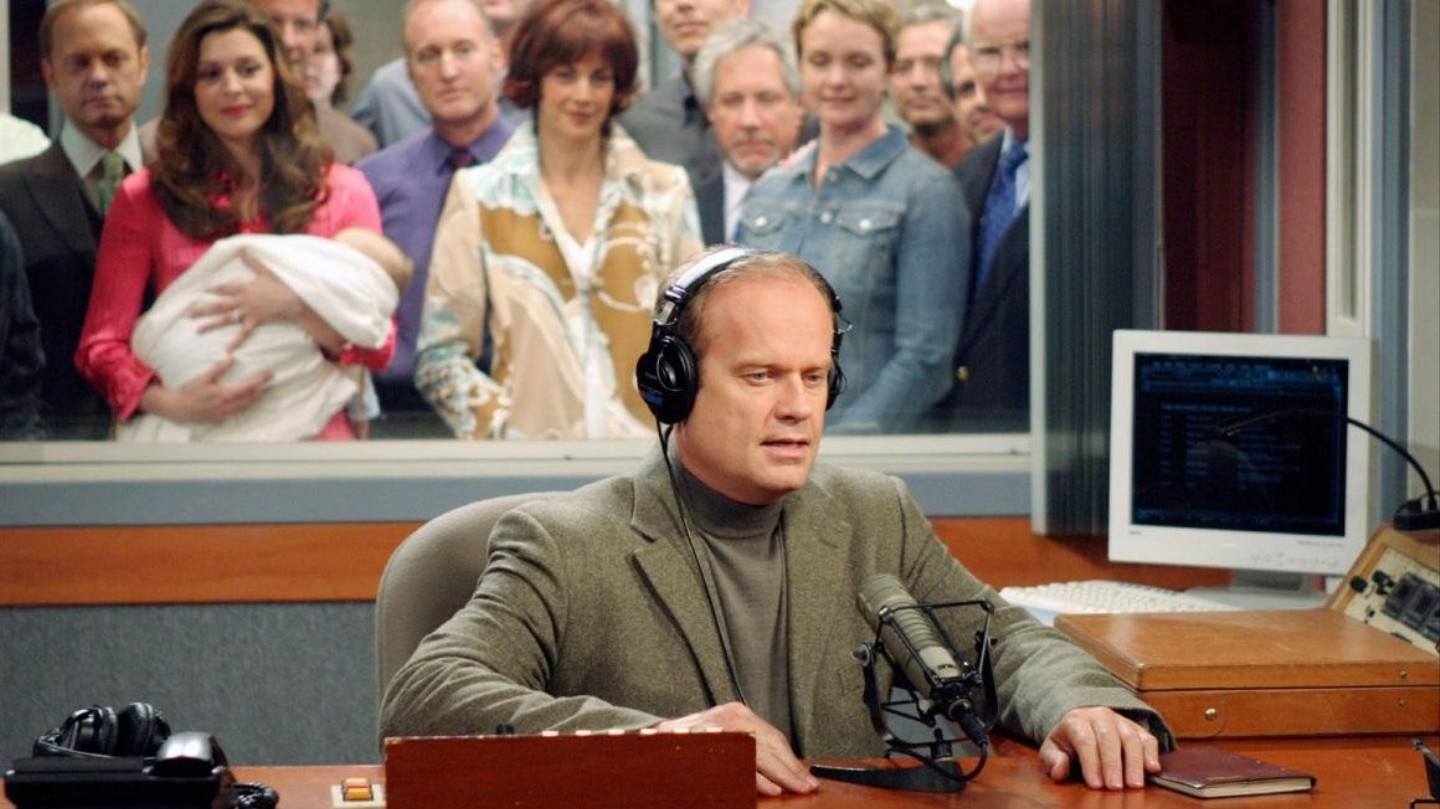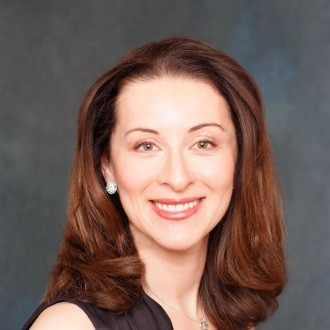
From 'Frasier' to 'The Sopranos,' we ask real therapists about their favorite on-screen counterparts.
"I'm not trying to make him happy—I am trying to cure his depression!"
As a radio psychiatrist, Frasier Crane may not always have the most therapeutic answers for his callers. But the main character of the sitcom of the same name is one of the most beloved TV psychologists regardless. How do we know? We gathered real mental health professionals and asked them what they thought about their favorite TV doppelgangers.
"[Fraiser is] clever, witty, warm, ... philosophical, and pragmatic," said Cara Itule, a California-based marriage and family therapist. "Although [he does] amazing work, [he is] still simply flawed just like the rest of us. Moreover, [he] juggles ethical conduct while trying to remain personable in [his] practice. A practice that therapists strive to continuously balance."
"He's constantly working on himself and trying to learn to be better," added Nancy Mramor, a Pittsburgh-based psychologist. However, "he oversteps his bounds quite a bit giving advice without knowing what's going on with people."
You can't diagnose a mental health issue in one simple phone call as Crane often does, but that's largely where the show's comedy comes from. And though Crane may be brilliant in his psychiatry career, it's his dysfunctional family relationships that make him relatable. After all, therapists are people too.
"People expect therapists to be above it all. They're not supposed to have feelings, they're not supposed to get upset, they're not supposed to be angry," says Mramor. "People want therapists to be this image of perfection, which they're not. They're very human."
While Frasier is a prime example of a flawed psychiatrist with the best of intentions, he's not the only good model. His dramatic counterpart, Dr. Jennifer Melfi on The Sopranos, provides another humanized portrait of therapy.
"My favorite … is Dr. Melfi," said Dr. Jean Kim, clinical assistant professor of psychiatry at George Washington University in Washington, DC. "I think any sort of media or artistic portrayal matters a lot to a lay audience and sticks in their heads, either on an overt or subconscious level. Dr. Melfi helped humanize the often mysterious role of a psychotherapist/psychoanalyst."
Despite working with a client as extreme as mob boss Tony Soprano, Melfi was able to uphold the basic tenets of what a therapeutic relationship looks like—but Melfi wasn't without flaws. She had to resist the temptation to ask Soprano to kill her rapist, and she also fights off romantic feelings for him that she tries to work through in her own therapy. At the end of the day, however, Melfi's professionalism shines through.
"Dr. Melfi probably squeaked into the hall-of-fame because of many strong sessions," said a clinical psychologist in Chicago. "But she also had inappropriate sessions when she brought in her own problems."
And Melfi isn't the only character on TV that highlights the delicate balance between maintaining a personal life and keeping ethical boundaries with clients. Monk's titular character struggles with severe obsessive compulsive disorder and relies on his therapist, Dr. Charles Kroger, throughout the show. "Dr. Kroger from Monk was my very favorite TV therapist—he was empathic, gentle, and you could feel that he really cared," said Chicago-based psychologist Helen Odessky. "He most resembles what a truly great therapy relationship feels like for both the client and the therapist."
For full article: https://www.vice.com/en_us/article/what-real-therapists-think-of-tv-therapists


